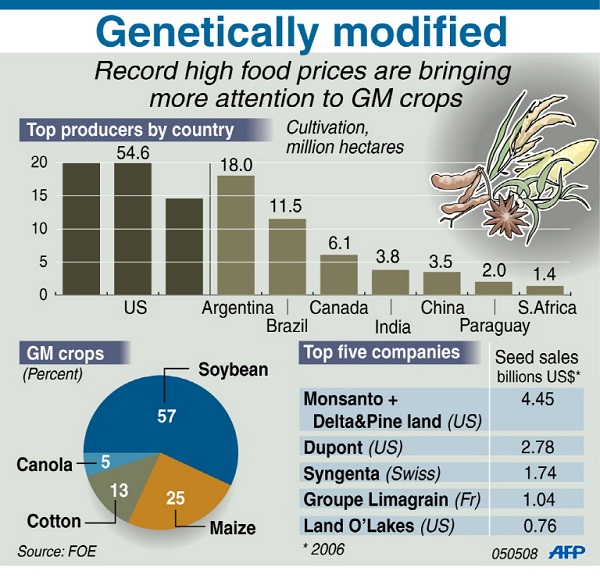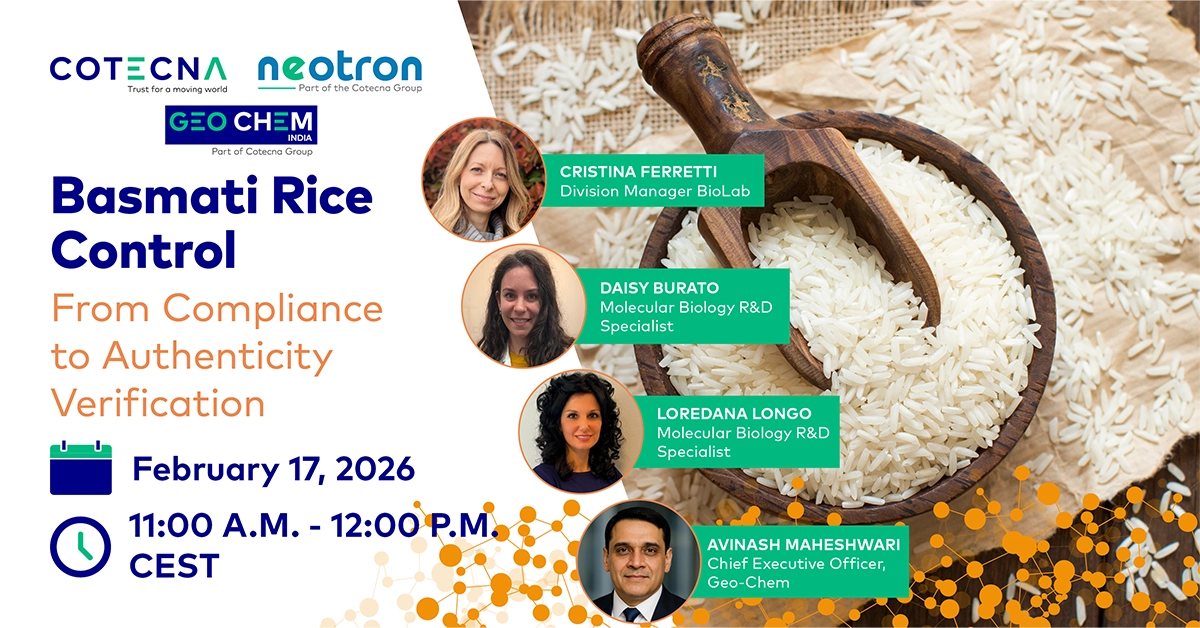Tags
Legal obstacles hamper adoption of genetically modified crops in PH
By: Jordeene B. Lagare

Despite solidifying its position as a leader in biotechnology in Southeast Asia, regulatory hurdles stemming from legal woes hampered the adoption of genetically modified crops in the country.
“The Philippines continues to be a leader in biotechnology in Southeast Asia, having been the first in the region to have a regulatory framework on genetically engineered (GE) crops,” the US Department of Agriculture’s Foreign Agricultural Service said in its Agricultural Biotechnology Annual report.
So far, biosafety permits for commercial propagation have been issued for the following commodities – corn (2002), golden rice (2021), eggplant (2022) and cotton (2023).
The area planted with GE corn has expanded by more than 6,500 percent to 709,000 hectares as of February this year from only 10,600 hectares in 2003, equivalent to about 85 percent of the total corn area in the country.
Amid this progress, the Court of Appeals (CA) halted the commercial release of golden rice, locally known as Malusog Rice, and Bt (Bacillus thuringiensis) eggplant in April this year with the issuance of the writ of kalikasan due to environment and public health concerns.
It revoked the biosafety permits issued to the Philippine Rice Research Institute (PhilRice) and the University of the Philippines Los Baños (UPLB) for the commercial propagation of both genetically modified crops.
The appellate court granted the writ of kalikasan in favor of petitioners led by Magsasaka at Siyentipiko para sa Pag-unlad Agrikultura (Masipag) and Greenpeace Southeast Asia.
A writ of kalikasan is a legal remedy for persons whose constitutional right to “a balanced and healthful ecology” is violated.
The PhilRice recently said it filed a petition for review on certiorari with a request for a temporary restraining order and preliminary injunction before the Supreme Court, seeking to reverse the CA’s decision.
Golden Rice is the first genetically modified rice variety for improved nutrition developed by PhilRice with the International Rice Research Institute, which contains additional levels of beta-carotene which the body converts into vitamin A.
Bt eggplant, on the other hand, contains natural protein from the soil bacterium Bacillus thuringiensis, making it resistant to eggplant fruit-and-shoot borer.
The report also highlighted other strides made by the Philippines, such as being the first in the region to issue regulatory frameworks on GE crops.
It covers the cultivation and regulation of plants and plant products derived from the using plant breeding innovations.
“The country has also drafted the regulations on animal biotechnology but the policy has not been released,” it said.
According to the foreign agency, the draft covers genetically modified fish and other aquatic resources, domesticated animals and biological products used for animal husbandry for veterinary purposes, and biological agents used for biocontrol.
https://business.inquirer.net/490690/legal-obstacles-hamper-adoption-of-genetically-modified-crops-in-phPublished Date: November 17, 2024







